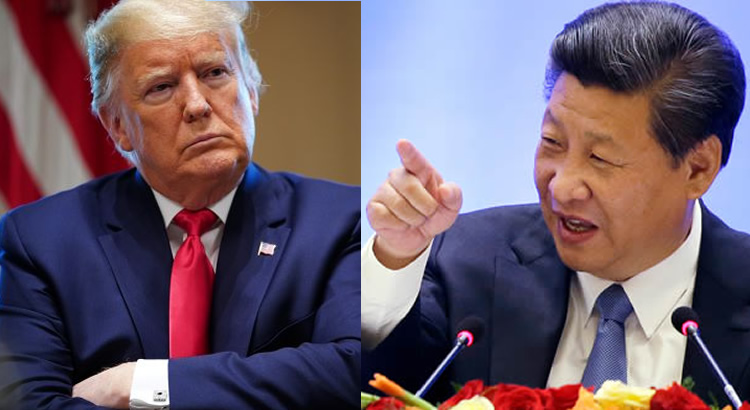The United States and China embarked on a fresh round of trade negotiations in London, aiming to solidify the fragile truce established in Geneva the previous month. Tensions remained high, fueled by accusations of non-compliance with the initial agreement, particularly regarding China’s export of rare earth minerals crucial for various industries, including electric vehicle production. The US delegation, led by Treasury Secretary Scott Bessent, Commerce Secretary Howard Lutnick, and Trade Representative Jamieson Greer, aimed to ensure China upheld its commitments. China’s delegation was headed by Vice Premier He Lifeng, who had led the Chinese team in the Geneva talks. While President Trump expressed optimism about the London discussions, the underlying disagreements hinted at the complexity of the negotiations.
The Geneva agreement, reached after escalating tit-for-tat tariffs between the two economic giants, had provided a 90-day reprieve from the trade war. The US had imposed tariffs reaching 145% on some Chinese goods, while China retaliated with tariffs up to 125% on US products. The agreement stipulated a mutual reduction in these tariffs, but subsequent disputes, particularly over China’s export restrictions on rare earth minerals, threatened to unravel the nascent truce. The US sought the reinstatement of pre-tariff levels of rare earth shipments, while China aimed for concessions on issues such as immigration curbs on students, access to advanced technology, and market access for Chinese tech companies in the US.
Beyond the immediate issue of rare earths, the London talks represented a broader struggle for economic dominance and technological supremacy. China’s restrictions on rare earth exports were viewed as a strategic lever to influence US policy, given the minerals’ critical role in high-tech industries. Conversely, the US aimed to limit China’s access to advanced technologies, particularly microchips, to maintain its technological edge. The negotiations, therefore, touched upon fundamental aspects of the US-China relationship, extending beyond mere trade imbalances. The backdrop of these talks included President Trump’s recent “Liberation Day” tariffs, primarily targeting China, which further complicated the discussions.
The timing of the London talks coincided with a period of heightened diplomatic activity between the US and China. Just days before the negotiations, President Trump and President Xi Jinping held their first publicly announced phone call since Trump’s return to the White House. While both sides described the call positively, the underlying tensions persisted. President Xi emphasized the need for both countries to “steer well and set the direction” in their bilateral relationship, acknowledging the complexities and challenges involved. The London talks became a crucial test of whether this renewed dialogue could translate into tangible progress on trade disputes.
Adding to the intricate dynamics of the US-China trade relationship was China’s strategic engagement with other trading partners. Beijing had initiated discussions with countries like Japan, South Korea, and Canada, aiming to forge alliances against US trade policies. The agreement with Canada to regularize communication channels, following a period of strained relations, exemplified China’s efforts to diversify its trade relationships and counter the impact of US tariffs. Furthermore, China’s proposal to establish a “green channel” for rare earth exports to the European Union indicated its intent to strengthen ties with other major economic blocs.
The London talks unfolded against a backdrop of declining Chinese exports to the US. Official data revealed a 12.7% month-on-month drop in May, reflecting the impact of tariffs and trade tensions. The uncertainty surrounding the outcome of the talks, combined with China’s proactive engagement with other trading partners, underscored the complex and evolving nature of the global trade landscape. The negotiations held significant implications not only for the US and China but also for the broader international trading system, as the two economic giants navigated their strategic competition and sought to reshape the rules of global commerce. The fragile truce reached in Geneva offered a glimmer of hope for de-escalation, but the deep-seated differences and strategic considerations at play suggested a long and arduous path towards a comprehensive and sustainable trade agreement.


